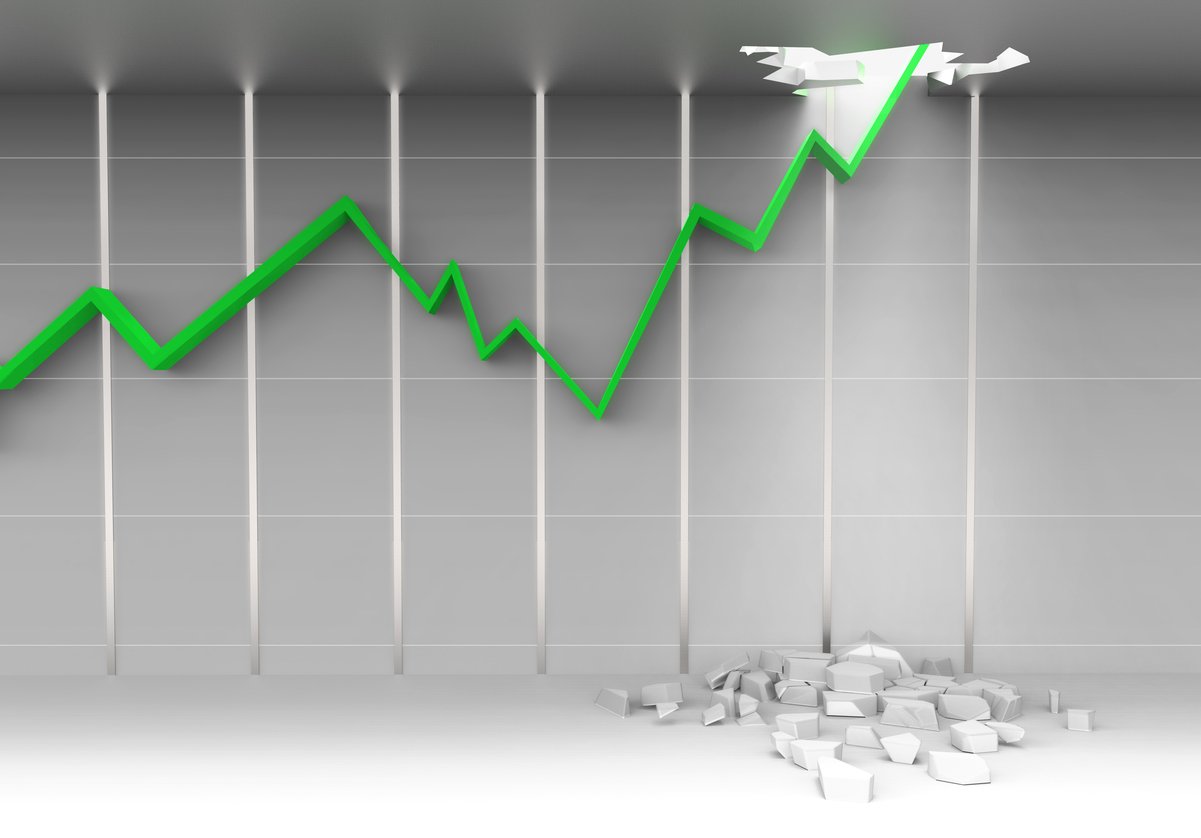On the first trading day of 2019, there wasn't much news to move markets, but what there was was not good. China reported that its factory activity last month shrank for the first time since mid-2017, and most of Asia dipped in sync. Most of Europe slowed too. So why should the U.S. economy and American investors care?
In this segment of this MarketFoolery podcast, host Chris Hill and senior analyst Seth Jayson offer the background that explains why trouble elsewhere isn't a win at home, and why fear is contagious in the economy.
A full transcript follows this video.
This video was recorded on Jan. 2, 2019.
Chris Hill: Let's get to the market. Market down. There's very little news, and what news we have is not encouraging on a macro level, and that's from China and the monthly report, in terms of factory activity in China. Not great. Factory activity in China for the month of December shrank. It's the first time since mid-2017 that that's happened.
Seth Jayson: Yeah. And if it were just China, you could say, "Oh, boy, the president sure is sticking it to the Chinese! U.S.A.! U.S.A.!" But it's actually a whole bunch of the manufacturing countries over in Asia. Korea somehow going the other direction, for now, anyway. South Korea. North Korea, I'm pretty sure the manufacturing is still probably lousy. It looks a little bit more broad-based than just a China problem. Of course, the culprit is probably fears about global trade wars, tariffs everywhere. If we're going to do politics and policy by always being angry at stuff coming from somewhere else, people are getting afraid. At the same time, there were some slowdowns in Europe also. Italy moving in the opposite direction.
These are not good things. If you see these indices down, probably a prediction that some companies are really starting to wonder about demand over the next few months, and they're pulling back a bit. Not good.
Hill: Definitely not good. It reminds me of Fred Smith, CEO of FedEx, a couple of weeks ago --
Jayson: There was that. I was still here for that. People were surprised.
Hill: Fred Smith was pretty pointed in his remarks about politicians around the world. You've touched on this, it really points to the level of uncertainty that large companies, and by ripple effect, medium and small companies have with respect to a lot of different things. Not just, what's the state of trade between the U.S. and China? But also, in terms of planning that large companies can do around manufacturing, what can they be certain of? When you're doing your budgeting 12 to 24 months out --
Jayson: Or further, in the case of capacity increases that you're investing in. Yeah, this is all scary. It has a ripple effect. And then, of course, you've got the ripple effect of a stock market that suddenly drops into free fall at the end of the year. Maybe deservedly so. There were some nosebleed valuations on a lot of stocks. These are normal, but they freak people out. And when people get freaked out, they tend to fold their wallets up and keep them in their pocket. That pulls the demand back, and a freak-out over nothing can turn into an actual something, and then you really need to freak out.
Check out all our earnings call transcripts.





